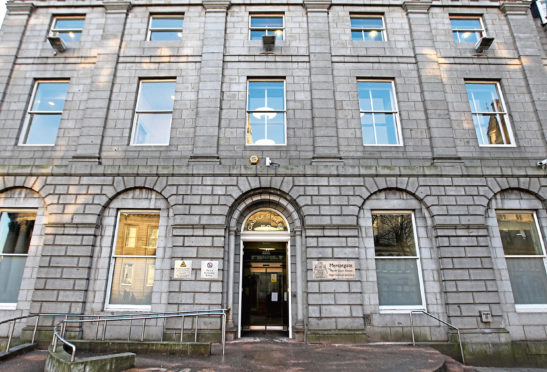The lawyer representing a babysitter accused of shaking an infant in her care has defended her “panicked” reaction to the baby taking ill – saying the average person could not be expected to spring into action like an actor in a medical drama.
Syeda Sokina Begum is on trial at the High Court in Aberdeen accused of shaking the baby to the danger of her life on New Year’s Day in 2017. The “floppy and blue” infant was rushed to hospital, with bleeding on the brain and from her eyes, and spent nearly a fortnight there before being allowed to return home.
Yesterday the jury was shown about two hours of footage from the 29-year-old’s police interview in February 2017.
In it, Begum explained she had left the baby on a mat in her living room for “less than two minutes” before coming back to discover she had fallen seriously ill.
This prompted Detective Constable Abby Harris to ask why she decided to phone the child’s mother before calling an ambulance.
Begum explained she was trying to calm her own crying child as well as comforting the sick infant and was running up and down the stairs outside her flat in a panic.
She added the baby’s mother was only about a minute away by car.
Keep up to date with the latest news with The Evening Express newsletter
But DC Harris remained puzzled by her behaviour and said: “She was floppy and gasping for air. The first thing you would do is phone an ambulance.”
After the jury viewed the tape, the police officer was questioned by Lord Advocate Depute Martin Richardson and cross-examined by defence solicitor Frances Connor.
She felt DC Harris’s thoughts may have been unrealistic and said: “You are a police officer.
“The average person would like to think they’d be in a Grey’s Anatomy role and doing first aid – but others I’m sure would just run about in an absolute panic.”
As the Crown wound down its case yesterday, Mr Richardson lodged a motion to reduce the charge faced by Begum.
The childminder is now accused of just “shaking” the infant – rather than the previous accusation that it had been done “repeatedly” .
The trial continues.
